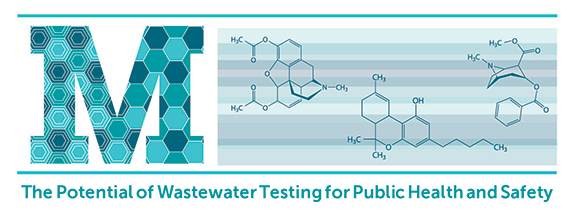A Symposium on the Potential of Wastewater Testing for Public Health and Safety

One of the greatest challenges of the current opioid epidemic is the lack of rapid feedback on the changing landscape of drug abuse. Municipal wastewater testing is poised to fill this gap because of its potential to provide cost-effective, timely, and objective measures of drug use. Across Europe, wastewater monitoring and alert systems have already been developed, but in the United States, the methodology remains largely untapped.
On May 16, 2017, Mathematica hosted a daylong symposium on The Potential of Wastewater Testing for Public Health and Safety funded by the Laura and John Arnold Foundation, at Mathematica’s Washington, DC office. The symposium’s goals were to:
- Raise awareness of wastewater testing’s capacity to inform public health and safety investigations
- Identify gaps in knowledge, data sources, coordination, and decision making about the opioid crisis and other drug policy issues
- Determine practical steps to advance the science of municipal wastewater testing
- Generate ideas for validation studies to increase the adoption of wastewater testing
The long-term goal will be to explore how the use of wastewater testing to monitor public health could empower local, state, and federal officials to begin identifying drug threats before they proliferate, in order to deploy resources most effectively.
Watch the video below for a synopsis of the proceedings.
Contact Aparna Keshaviah at AKeshaviah@mathematica-mpr.com with inquiries about wastewater testing or the symposium.

